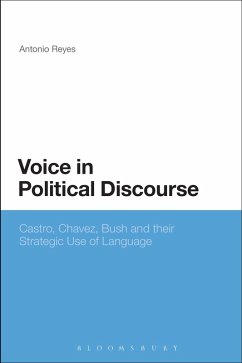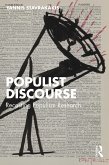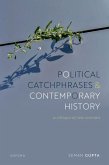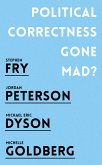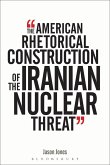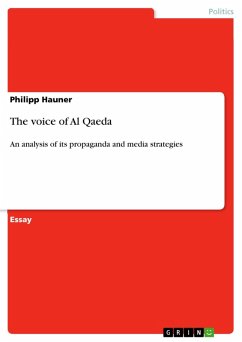Politicians enact three main roles in political discourse - narrator, interlocutor and character - to achieve specific goals. This book explains these roles and how they constitute discursive strategies, correlating with political aims. In short: politicians evoke voices in discourse to strategically position themselves in relation to social actors and events. The book describes these strategies and analyzes the manner in which they are employed by three very different politicians - Fidel Castro, Hugo Chavez and George W. Bush. The roles are studied cross-culturally and from different ideological backgrounds.
This book explains how political ideologies are constructed, defined and redefined by linguistic means, showing specific ways in which politicians manipulate language to achieve the goals on their political agenda. It applies new methodological approaches to the analysis of political discourse and also contributes to the sparse literature on political discourse analysis of Spanish-speaking politicians.
This book explains how political ideologies are constructed, defined and redefined by linguistic means, showing specific ways in which politicians manipulate language to achieve the goals on their political agenda. It applies new methodological approaches to the analysis of political discourse and also contributes to the sparse literature on political discourse analysis of Spanish-speaking politicians.

